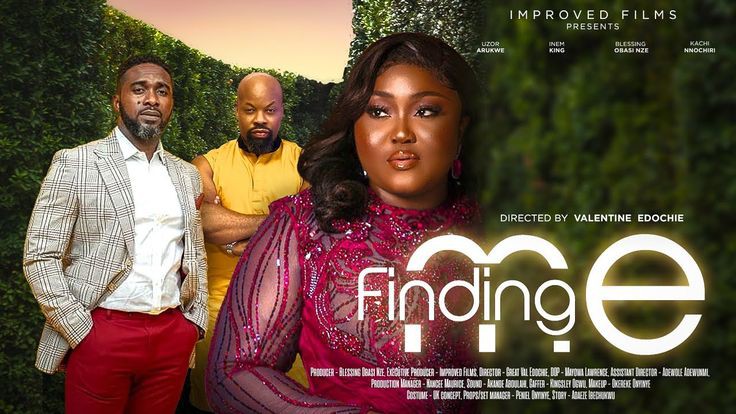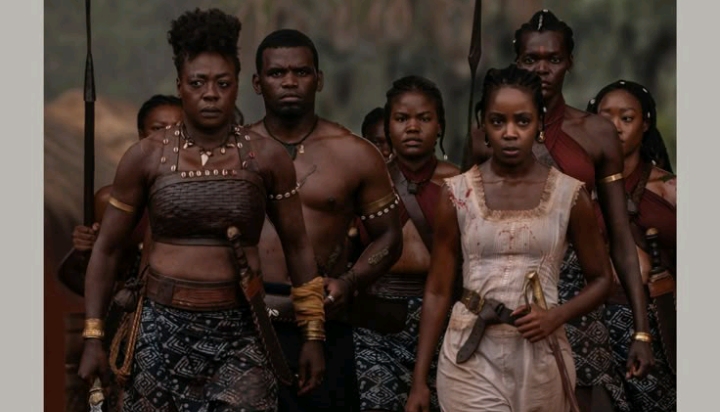The Evolution of Nollywood _ From Old Classics to Modern Blockbusters

For those who grew up in Nigeria, movies were an essential part of childhood. They weren’t just entertainment; they were part of our daily lives. There was always a movie playing in someone’s house, whether it was a moral lesson-packed drama featuring the likes of Pete Edochie, Olu Jacobs, and Ngozi Ezeonu, or a hilarious farce with Osita Iheme, Chinedu Ikedieze (Aki and Pawpaw), Mr. Ibu, and Bishop Umoh. These films shaped our perception of storytelling and culture, bringing Nigerian traditions, values, and everyday struggles to the screen.
But back then, Nollywood was a different industry. It was raw, unpolished, and heavily reliant on direct-to-video productions. The movies were shot quickly, often with low budgets and minimal special effects. Yet, despite their simplicity, they carried powerful stories—stories of family, betrayal, love, and the supernatural. Who can forget the chilling village horror films where Kanayo O. Kanayo played the ritualist, or the heart-wrenching tragedies that left us in tears? These films, though predictable at times, kept us glued to our screens.
The Shift: Nollywood Then vs. Nollywood Now
Fast-forward to today, and Nollywood has transformed into a billion-dollar industry with high-quality productions that compete globally. Gone are the days of shaky cameras, predictable storylines, and rushed endings. Now, we have well-scripted films, cinematic storytelling, and improved acting performances. The industry has moved from the days of CD plates and home video distribution to streaming platforms like Netflix, Amazon Prime, and Showmax, making Nollywood accessible to a worldwide audience.
Movies like The Wedding Party, King of Boys, Aníkúlápó, and Shanty Town have proven that Nollywood can deliver compelling, high-budget productions with strong narratives. Directors like Kunle Afolayan, Kemi Adetiba, and Jade Osiberu are setting new standards, blending African storytelling with international production techniques.
Additionally, Nollywood is no longer just about drama and comedy; the industry has expanded to include action thrillers, crime dramas, psychological thrillers, and historical epics. The diversity in storytelling has made Nollywood more appealing to a broader audience.
What This Means for the Future
Nollywood is not just evolving—it is taking its rightful place on the global stage. With better funding, improved technology, and more international collaborations, the future looks even brighter. Nigerian films are now receiving international recognition, getting nominations and awards at prestigious festivals like the Toronto International Film Festival (TIFF) and the African Movie Academy Awards (AMAA).
Yet, while we embrace modernization, it is important not to lose the essence of what made Nollywood special in the first place—our culture, our stories, and our authenticity. The industry must find a balance between global appeal and staying true to its roots.
From old classics to modern blockbusters, Nollywood has come a long way. What started as a low-budget industry has grown into a powerhouse of African cinema. And the best part? The journey is just beginning.

